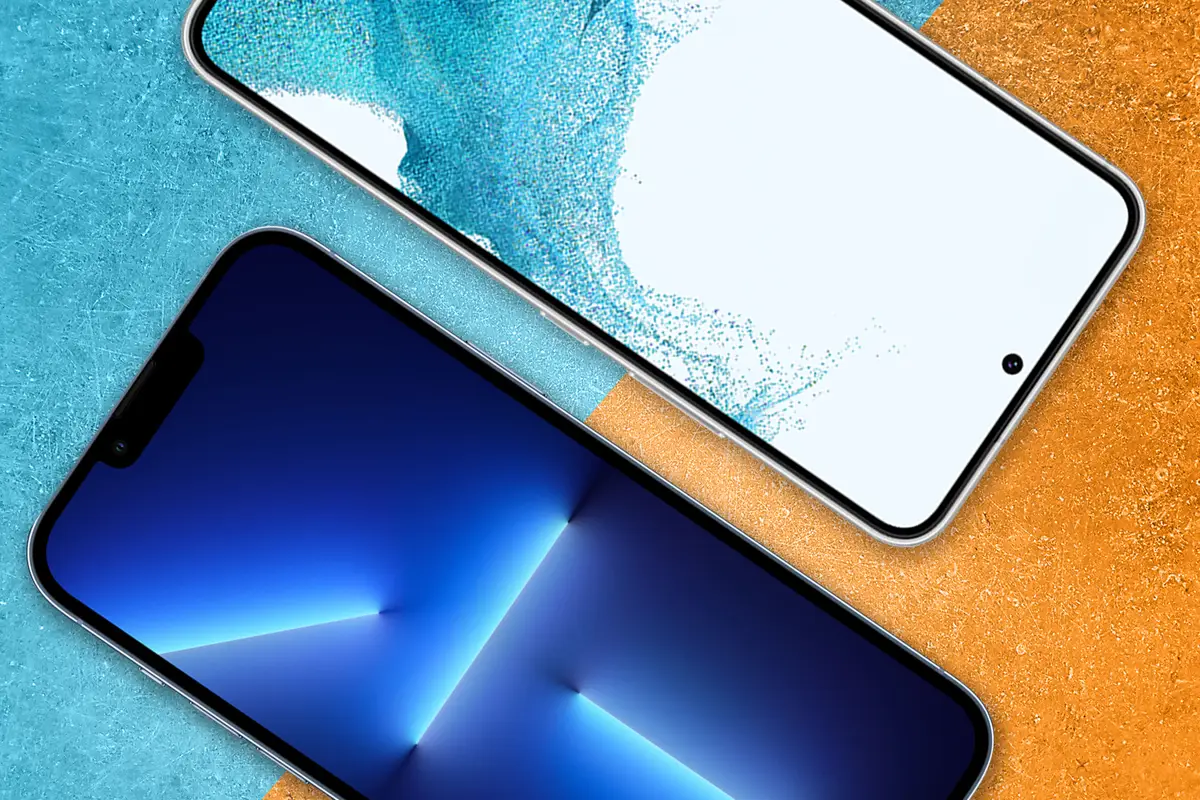
Switching from Apple to Android can be a daunting task, but it doesn’t have to be. With a little bit of preparation and some know-how, you can make the transition with ease. Here’s everything you need to know about making the switch from Apple to Android.
Android vs iOS
There are two main types of mobile operating systems: Android and iOS. Both have their own strengths and weaknesses, so it’s important to choose the one that’s right for you.
Android is a great choice for people who want more control over their phone. You can customize your home screen, install any app you want, and even root your phone to give yourself even more control. However, this can also be a downside, as it can be easy to accidentally delete something or break your phone if you’re not careful.
iOS is a simpler operating system, but that doesn’t mean it’s not powerful. It comes with all the basic features you need, plus some handy extras like iMessage and Apple Pay. It’s also much easier to keep your phone secure, as there’s less chance of accidentally deleting something important. However, you can’t customize your home screen as much as you can with Android, and you’re more limited in what apps you can install.
So, which is right for you? It really depends on what you want from your phone, but what if you already have an apple device and want to switch to Android?
We get you!
Benefits of switching from Apple to Android
There are a few things to keep in mind if you’re thinking of making the switch from Apple to Android. Here are a few key things to consider:
- Hardware compatibility: One of the great things about Android is that it is compatible with a wide range of hardware. This means that you can find an Android phone to fit your specific needs and budget. Whether you want a high-end flagship phone or a more affordable option, there’s an Android phone out there for you.
- Software updates: Another advantage of Android is that you typically get timely software updates. This is important for security and getting the latest features and improvements. With Apple, you typically have to wait for a new iOS release before getting any major software updates.
- Customization: Android allows for a high degree of customization. You can change the look and feel of your phone with different launchers and icons. You can also add or remove features with apps and mods. This level of customization is not possible on iOS.
- Price: One of the main reasons people switch to Android is because it is typically more affordable than Apple. Whether you’re looking for a mid-range or budget phone, you’ll likely find a better deal on Android.
- Apps: There are millions of apps available on the Google Play Store. This includes a wide variety of both free and paid apps. With Apple, there are less apps available, but they are typically of higher quality.
8 Steps to Successfully Switch from Apple to Android
- Backup your data
The first thing you’ll need to do is back up your data. This includes your contacts, calendar, photos, music, and any other data you want to keep. You can use iCloud or another cloud storage service to back up your data, or you can use a physical backup like an external hard drive. Once your data is backed up, you’ll be able to restore it on your new Android device.
- Choose the right Android device
Next, you’ll need to choose an Android device. There are a wide variety of Android devices to choose from, so you’ll need to decide what features and specs are most important to you. Once you’ve chosen a device, you can begin transferring your data from your old device to your new one.
- Transfer Your Data
If you use iTunes to manage your music, you can use the iTunes Music Transfer app to transfer your music library to your new Android device. For contacts, calendar, and other data, you can use the Google Play Store’s My Backup app to back up and restore your data.
- Download the right apps
There are millions of apps available for Android, so you’ll definitely want to download some of your favorites. Some popular apps include Facebook, Twitter, Instagram, and Snapchat. You can find these and other great apps in the Google Play Store.
- Get familiar with Android
Android is a bit different than iOS, so it’s important to take some time to get familiar with it. One of the biggest differences is the way notifications work. On an iPhone, notifications are displayed on the lock screen. On Android, they’re displayed in the notification tray.
- Customize your device
One of the best things about Android is that you can fully customize it. You can change the way your home screen looks, add widgets, and even install custom ROMs (if your device is rooted). This is one area where Android really shines.
- Stay away from malware
There’s a lot of malware out there that can target Android devices. That’s why it’s important to be careful when downloading apps and only download them from trusted sources like the Google Play Store. Also, make sure to keep your device updated with the latest security patches.
- Enjoy your new device!
Now that you’ve made the switch, it’s time to sit back and enjoy your new Android device. You might find that you like it even more than your old iPhone. Welcome to the world of Android!
